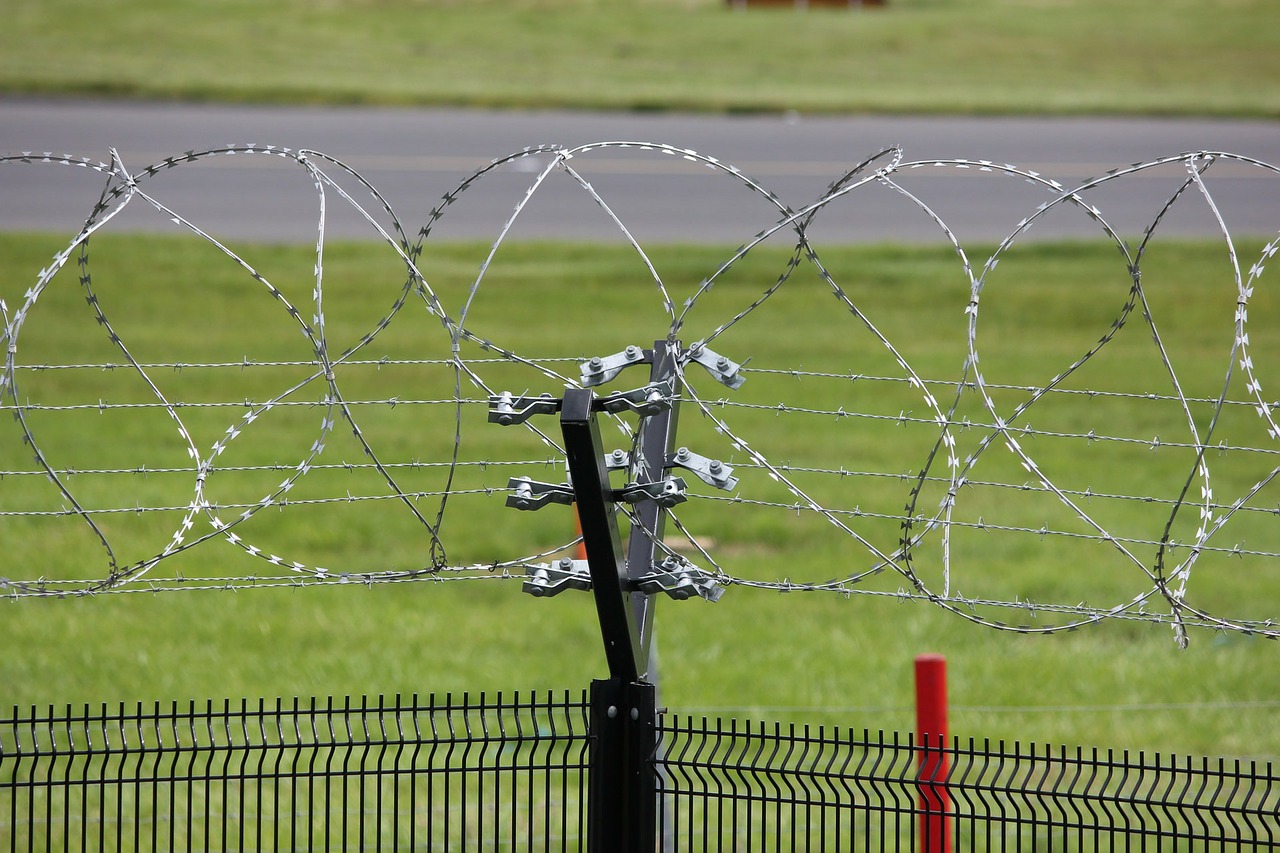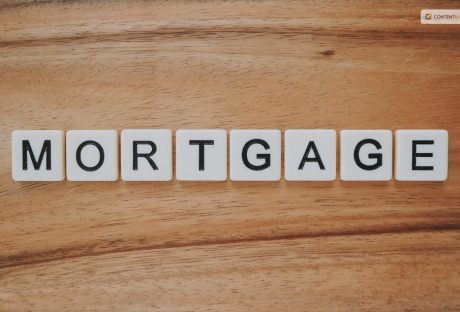Today, safety is becoming increasingly paramount. With the proliferation of crime in modern societies as well as an alarming lack of virtuousness and moral discipline, it has become very crucial for everyone to protect his life and his property. Of course, the government cannot do it alone.
It is thus no surprise that more people are adopting safety bollards for safeguarding their properties. Safety bollards are critical to the perimeter security plan of your building. Integrated into this security plan, your safety bollards present the necessary security infrastructure preventing illegal trespassing into your property or violation of your perimeter.
Different Types of Bollards in the Market-
When it comes to bollards, there are two convenient options. These are the crash rated bollards and the un-rated crash bollards. The former finds application in high-security scenarios where the risk percentage is higher with a more significant threat factor.
For a safety bollard to safely pass as crash rated, it must be tested under controlled conditions. These conditions are specifically designed to ascertain the quality of the bollards and if industry crash rating standards are satisfied.
How to Choose a Crash-Tested Bollard?
One eminent crash-rating standard is the K-ratings. This standard has been in observance since 1985 upon its adoption by the US Department of State (DoS). By 2003, the K-rating standard was further revised by the Department of Defense (DoD). Observing the K-rating, bollards are fundamentally required to undergo live testing. Here in this specific test, the bollards will be subjected to an impact payload of 15,000 lb, which it is expected to withstand.
Such tolerance to high impact payloads should be in such a way that set penetration distances are not compromised. Such an arrangement is one efficient measure of determining the vehicle speed your bollard can withstand or stop. Therefore we have variants like the k12 for 50mph, k8 for 40mph and K4 for 30mph.
Another standard worth mentioning is the American Society for Testing and Materials (ASTM) measure. Again, this standard for rating bollards is a brainchild of the DoD and the DoS. This standard measures vehicle penetration. This standard incorporates ratings for pickup trucks, bulky goods vehicles as well as small passenger cars.
The reality is that for their enhanced fortification levels, crash rated bollards come at a higher price than ordinary bollards. Their installation process also comes with a bit of technicality. It is worth bearing in mind that prominent features like automatic deployment as well as retractability will need notable maintenance exercises. These exercises are geared towards keeping your bollard in its best working conditions.
For the un-rated crash bollards, they are more suitable for those scenarios where the threat factor is unexaggerated. Un-rated crash bollards like steel pipe security posts can withstand reasonable impact.
Conclusion
However, you shouldn’t be expecting such tolerance (to higher impact payload) as in the case of bollards that are crash rated. Un-rated crash bollards are also referred to as bumper posts. To improve their impact resistance, such bollards should be buttressed with concrete reinforcements.
Lastly, here is the code. For situations where the aesthetic essence of your bollard is more critical than its impact tolerance, you can readily go for the likes of steel pipe security posts, which are very cost-effective. However, in situations where the risk or threat factor is very high, ignore the price and go for bollards that are crash rated.
Read Also:























